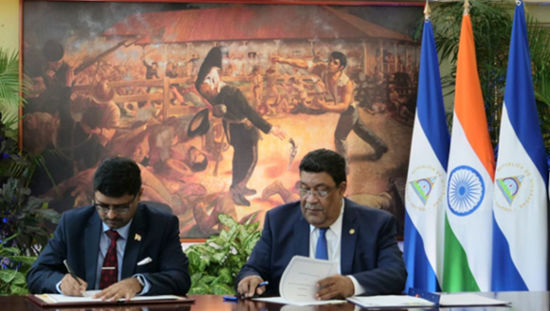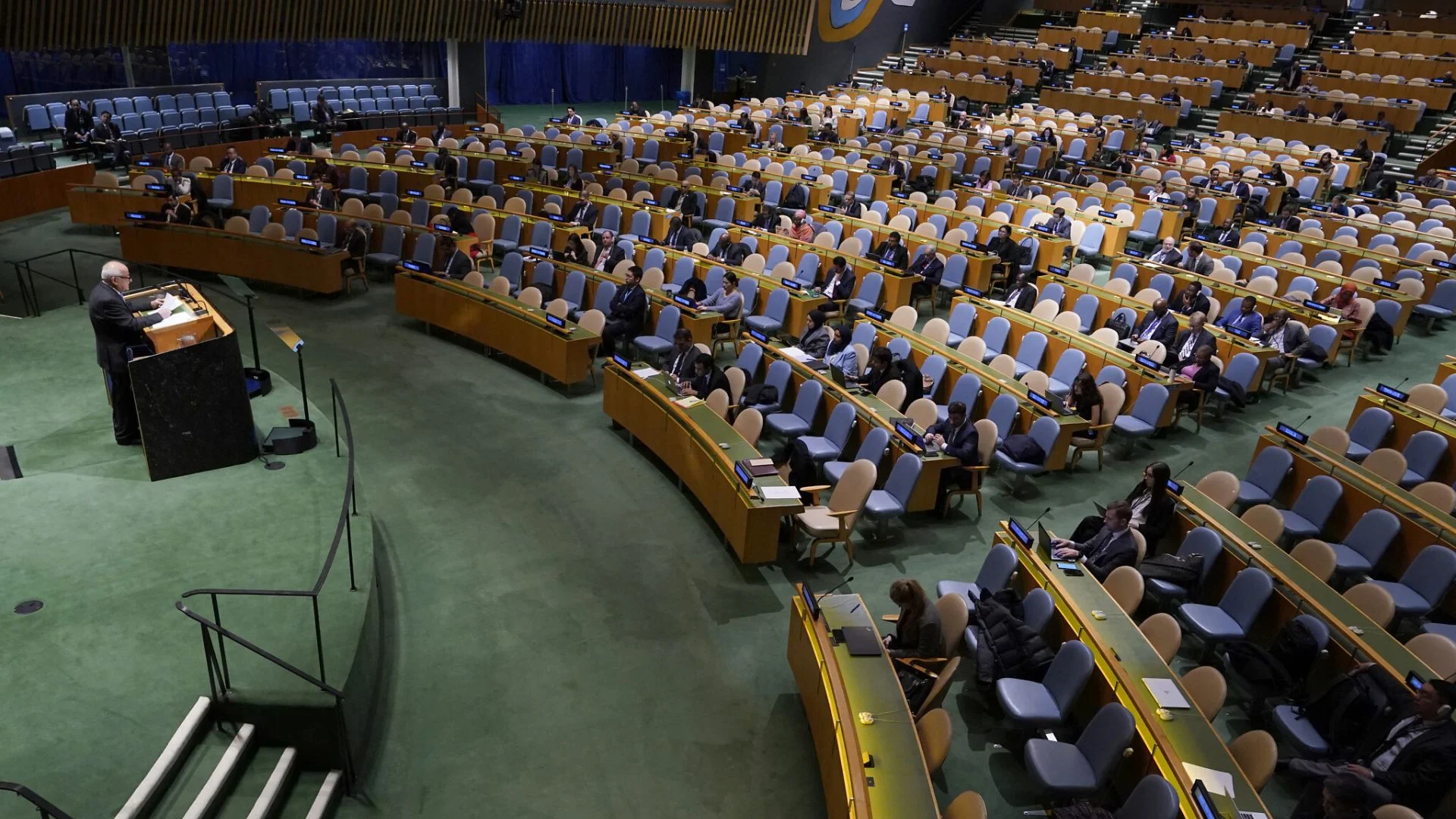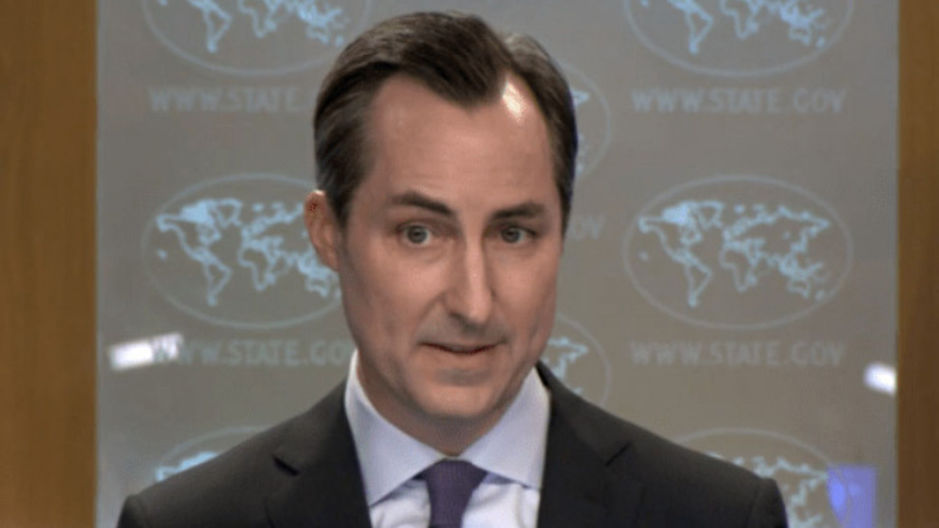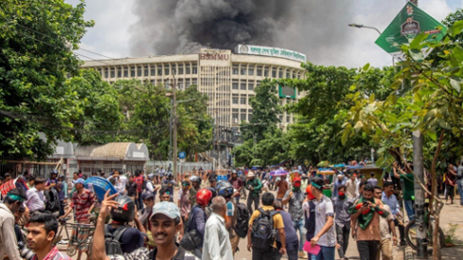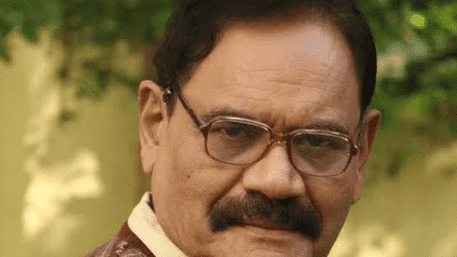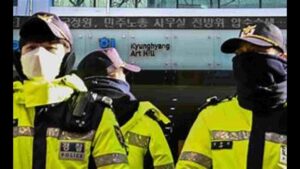South Korean police raided the presidential office on Wednesday as part of an ongoing criminal investigation into President Yoon Suk Yeol, who faces insurrection charges related to his brief imposition of martial law. Although Yoon has not been arrested or questioned, the investigation focuses on his decree last week.
The Special Investigation Team confirmed it conducted raids at the presidential office, the National Police Agency, the Seoul Metropolitan Police Agency, and the National Assembly Security Service. Additionally, South Korea’s top two police officers were detained for questioning about their roles in enforcing the martial law order.
This development comes ahead of a new impeachment motion that the Democratic Party plans to submit on Saturday. The previous attempt to impeach Yoon failed after the ruling party boycotted the vote, but the opposition intends to press forward with the new motion despite increasing uncertainty surrounding Yoon’s presidency.
The controversy surrounding Yoon’s martial law declaration has led to political paralysis, disrupted foreign policy, and caused financial market instability, raising concerns about his ability to complete his term. After the failed impeachment attempt, the leader of Yoon’s conservative party suggested a smooth transition, possibly sidelining the president and moving toward early elections.
However, critics argue that this plan is unconstitutional, citing the Constitution’s clear requirement that impeachment is the only way to suspend presidential powers, with the president retaining control over the military. The Defense Ministry has reaffirmed that Yoon is still in command of South Korea’s armed forces.
Police confirmed that National Police Agency Commissioner General Cho Ji Ho and Kim Bong-sik, head of the Seoul Metropolitan Police Agency, are being held at Seoul’s Namdaemun police station. They are under investigation for their roles in deploying police forces to block lawmakers from entering the National Assembly to vote on lifting Yoon’s martial law decree, which was issued abruptly on December 3.


